
-
About
- About GOHSEP
- Administration
- GOHSEP Vision, Mission, and Goals
- Authorities
- Federal Overview
- Louisiana Disaster Act
- LERC
- PEMAC
- Awards
- GOHSEP Awards
- 2023 Agency Awards
- Contact Us
- Contact Us
- Parish OHSEP Contacts
- Employment Opportunities
- GOHSEP Policies
- History
- Emergency Management Hazard Identification
- News
- Organizational Chart
- Public Information
- State Regions
- Unified Command Group
- First Responder
- Intrastate Mutual Aid
- Long-Term Recovery
- Regional Parish OHSEP Directors
- Statewide Interoperability Executive Committee
- Vendor Questions
Prepare
- Preparedness
- Citizens Corps
- Ebola Virus Disease
- Emergency Preparedness Guide
- Exercises
- Get a Game Plan
- Interoperability + LWIN
- LA BEOC
- NIMS
- Planning
- Preparedness Grants
- Radiological Program
- Resiliency
- Training + Events
- Prevent
- Respond
- Recover
- Mitigate
-
GRANTS
- Grants Overview
- Preparedness Grants
- EMPG
- HSGP: OPSG
- HSGP: SHSP
- HSGP: UASI
- NSGP
- GOHSEPGrants
- Preparedness Grants Summary
- Recovery Grants
- Hazard Mitigation Assistance
- Individual Assistance
- Public Assistance
- Debris Management
- Insurance Requirements
- LAPA Grants
- 406 Post-Disaster Mitigation
- Legal
- Procurement
- 2 CFR
- 44 CFR
- State Law Titles 38 + 39
- Sub-Recipient Monitoring
-
RESOURCES
- Damage.La.Gov
- Disaster Assistance
- Disaster Assistance Training
- Education + Outreach Materials
- Emergency Event Procurement
- Get a Game Plan App
- GOHSEP Get a Game Plan Podcast
- Important Links
- LA AHIMT
- LEPA
- Publications
- Public Service Announcements
- School Safety
- Shelter at Home
-
Temporary Housing &
Shelter Assistance Program - Training + Events Schedule
- Virtual Louisiana